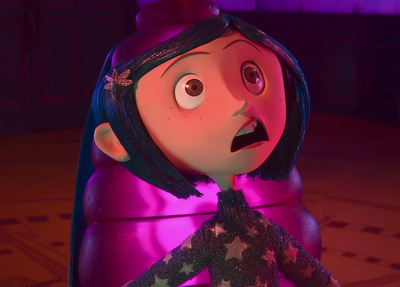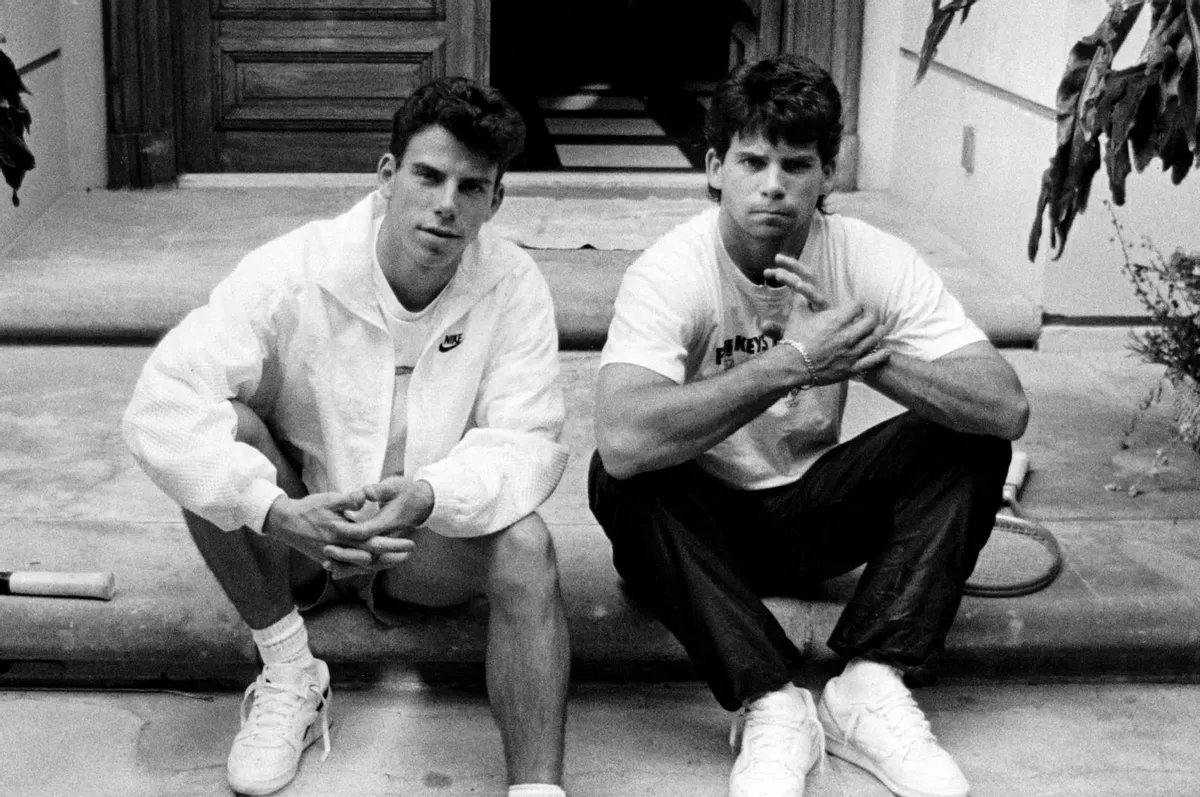
Trending True Crime: Lyle and Erik Menendez
Jess on Oct. 11, 2024
Even though it’s part of my job to keep up with heavy content, I’ll admit the Menendez brothers’ story really stuck with me. It’s the kind of thing that lingers, and if you’re thinking of pressing play, you should know it’s not something you can easily shake off.
If you haven’t heard of Lyle and Erik Menendez by now, where have you been? Social media platforms like TikTok, Instagram, and YouTube are overflowing with videos about the brothers, featuring everything from real-life footage to clips from Monsters: The Lyle and Erik Menendez Story, created by Ryan Murphy. This series, rated 18 with warnings for domestic violence, graphic violence, sex scenes, and sexual violence has been a staple at the top of Netflix’s most-watched list for weeks, and before it had a chance to cool down, Netflix released a new documentary titled The Menendez Brothers, rated 16 with warnings for content that may disturb, sexual violence themes and suicide themes, adding even more fuel to the media sensation.
For those unfamiliar with the case, Lyle and Erik Menendez gained attention in 1989 after they brutally murdered their parents in their Beverly Hills home. At ages 19 and 17, they initially claimed to have found their parents dead but later confessed to the killings, citing years of sexual, physical, and emotional abuse by their father as their defence. The sexual abuse of the brothers, in particular, is one of the most impactful and difficult aspects of the case. Their highly publicised trials ultimately led to life sentences without parole in 1996.
What’s striking is how divisive the case remains, especially with celebrities like Kim Kardashian calling for their release. This has engaged younger audiences, sparking social media conversations about whether the brothers deserve a second chance. Adding to the intrigue, O.J. Simpson's infamous murder trial overlapped with theirs, and he was even Erik’s neighbour in prison. So even if it’s not on your radar, there’s a good chance your rangatahi are tuning in.
True crime stories like this tend to go viral on TikTok, where the lines between fact and sensationalized storytelling can blur. You may recall the first season of Monster: The Jeffrey Dahmer Story, which sparked intense online debates. Ryan Murphy’s series is known for dramatizing real-life events, creating gripping TV but often distorting the facts. This is why it’s essential to consider the impact this content might have on viewers – especially younger ones.
I may have my own opinions on the case but what’s more important is helping viewers understand the potential impact of the series, documentary, and social media content circulating about the Menendez brothers. Let’s break it down, so you can decide how this might affect you or your rangatahi.
TL;DR: You may not be watching the Menendez brothers’ story, but your rangatahi might be. Be mindful of the content warnings and have open conversations about the heavy themes they may encounter on social media.
What You Need to Know About Monsters: The Lyle and Erik Menendez Story
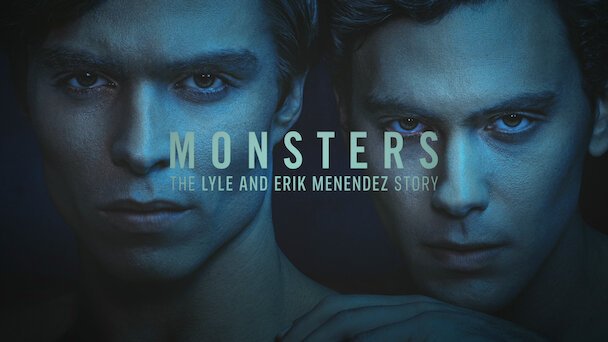
This 9-part series is a dramatised retelling of Lyle (Nicholas Chaves) and Erik’s (Cooper Koch) journey, from their childhood to the murder of their parents. One of the most challenging parts of the series is its focus on the alleged sexual abuse they endured from their father, with their mother turning a blind eye. Episode 5, in particular, is very upsetting. For 33-minutes and in one take, Erik discusses the abuse with his defence lawyer, Leslie Abramson, in explicit detail. The graphic descriptions create a disturbing picture, even without showing it.
The series also includes reenactments of the emotional and physical abuse they suffered, illustrating how their toxic home life shaped their actions and led to the tragic events that followed. There are references to suicide, with Erik telling his therapist that he wanted to kill himself because he couldn’t live with what he’d done. In one dream sequence, Erik imagines holding the same shotgun he used to kill his parents under his chin, just before waking up in a cold sweat. This moment prompts him to confess his crimes to his therapist, ultimately sealing his and Lyle’s fate.
By addressing themes like child abuse, sexual trauma, and suicide the series raises important questions but leans heavily into shock value. Both Lyle and Erik have denounced the versions of themselves portrayed in the show, saying they were so inaccurate that Murphy could only have meant harm.
What You Need to Know About The Menendez Brothers Documentary
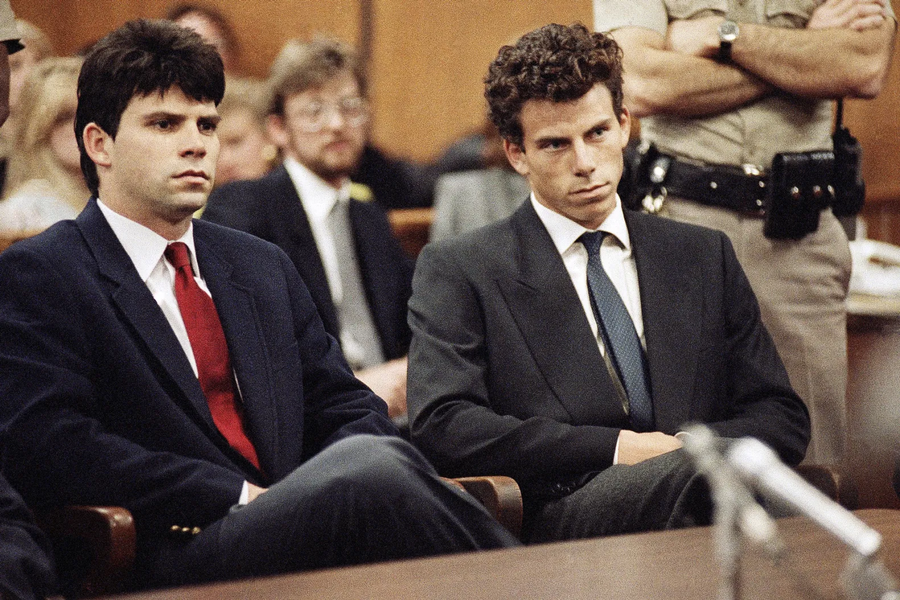
The Menendez Brothers documentary is a 1-hour 58-minute film featuring over 20 hours of exclusive interviews with the brothers themselves, providing a platform for them to share their perspective on their case. The timing of its release, right after the Monsters series, is no coincidence.
The documentary examines societal shifts between the 1990s and today regarding male child sexual abuse. Lyle Menendez notes how their trial reflected the thinking of the time, stating, “There was a culture of silence around male child abuse that wasn’t broken until the 2000s.” This aspect wasn’t really explored in the series but is talked about in more depth in the documentary.
The intensity is heightened by the use of real-life crime scene imagery, as well as pictures of the brothers as young boys, shown around the time of their alleged abuse. These visuals are impactful and disturbing, driving home the emotional weight of their experiences.
What You Need to Know About Menendez Case Content on Social Media
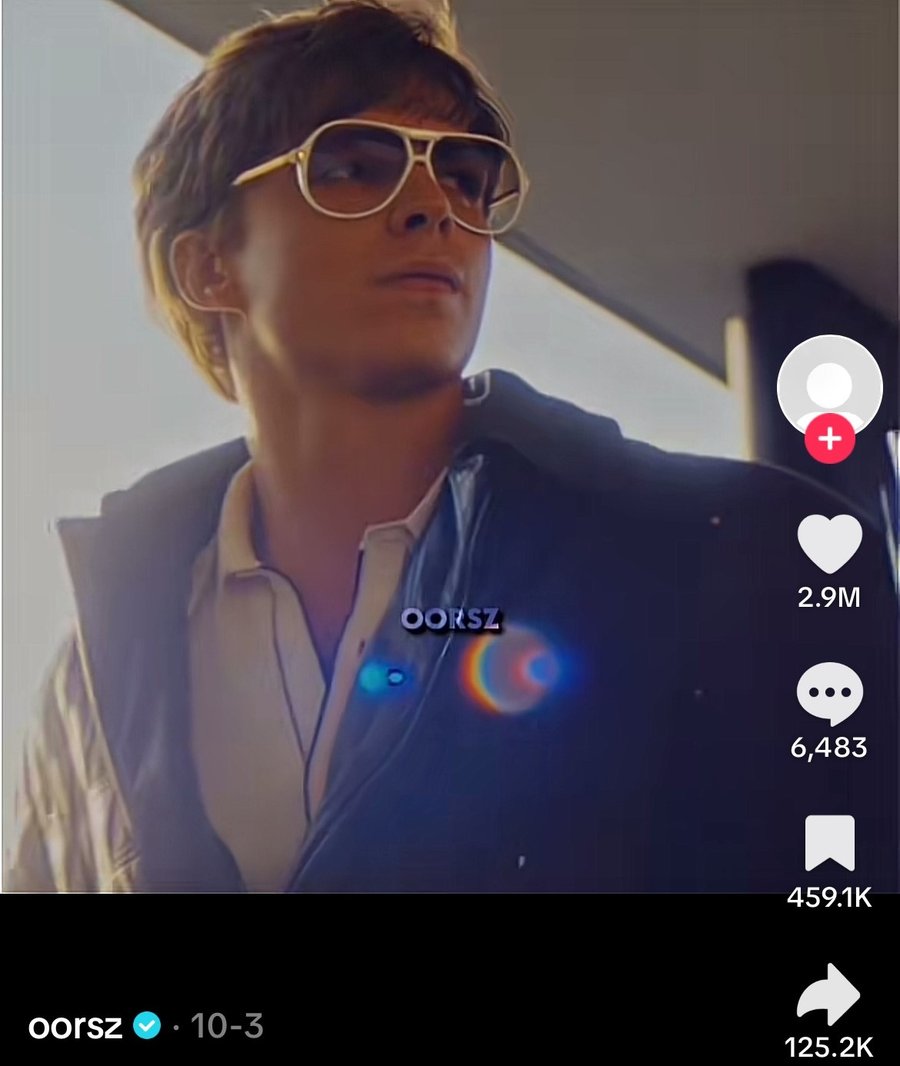
There’s a staggering amount of content about the Menendez brothers circulating online. If you’ve come across TikTok videos about the case, you’ll understand how easy it is to fall down the rabbit hole. After watching clips of the brothers or fan edits of the actors who played them, it’s nearly impossible not to want to watch the series or documentary.
Content creators often highlight the most shocking aspects of the case to grab attention and boost views, leading young people especially to engage with disturbing content without fully grasping the complex realities behind these sensationalised stories. I made the mistake of looking up the crime scene photos after someone on TikTok told me not to. Reverse psychology worked on me, and it could work on your rangatahi too. I’m 28, and those images haunted me for days. TikTok has a way of drawing viewers in with short, captivating clips, often urging them to seek out more disturbing content. It’s essential to remember that what may seem like harmless curiosity can have a much bigger impact, especially on younger viewers.
It’s easy for curiosity to take over, especially when algorithms feed you content that seems harmless at first. One short clip can turn into a deep dive into a very upsetting true story you can’t unsee. What starts out as just clicking on a video can snowball into something much more disturbing. TikTok has a way of drawing viewers in with captivating snippets, urging them to seek out more and more – often without realising just how heavy that next piece of content might be.
For younger viewers especially, what seems like innocent curiosity can quickly turn into an experience that sticks with them, affecting their emotional well-being. As parents, it’s crucial to be aware of the kind of content your kids might stumble upon, and to have conversations about the impact that even seemingly ‘trendy’ true crime stories can have.
Encouraging rangatahi to be mindful of their online interactions is equally important. It’s vital to help them critically assess what they’re consuming and understand how it could make them feel and impact their mental wellbeing.
Final Thoughts
In today’s world of viral true crime, where the lines between fact and fiction can easily blur, especially for younger audiences, it’s crucial to have open conversations with your rangatahi about the Monsters series, the Menendez Brothers documentary, and the rampant social media chatter surrounding them. Both the series and documentary tackle intense subjects like child abuse, sexual violence, and trauma, which can create significant emotional effects, particularly when intertwined with the sensationalism often found on social media.
Here are some conversation starters you could try to encourage thoughtful reflection about true crime content:
- What do you think about how the content portrays people involved? Do you feel like it gave the full picture of the case?
- How does the documentary’s real-life footage compare to what you’ve seen on social media?
- What do you think about TikTok or Instagram videos discussing real-life crimes like this? How reliable do you think they are?
- How do you feel after watching the series or documentary? Did any parts affect you more than you expected?
- What do you think about actors playing criminals and becoming heartthrobs? How does that change the way you see the story?
- Do you feel like looking up more about the case after watching clips or the series? How does it make you feel when you see disturbing images or content online?
These questions can help guide rangatahi in thinking critically about the true crime content they’re consuming while also encouraging them to reflect on the emotional impact this type of media can have.
Helplines
The sexual violence themes could be upsetting for some viewers, especially for those who have gone through similar experiences. If you are struggling with what you have seen on-screen please reach out for help. If you or someone you know needs to talk:
Further resources:
Subscribe to our blog
Stay up to date with the Classification Office blog.


